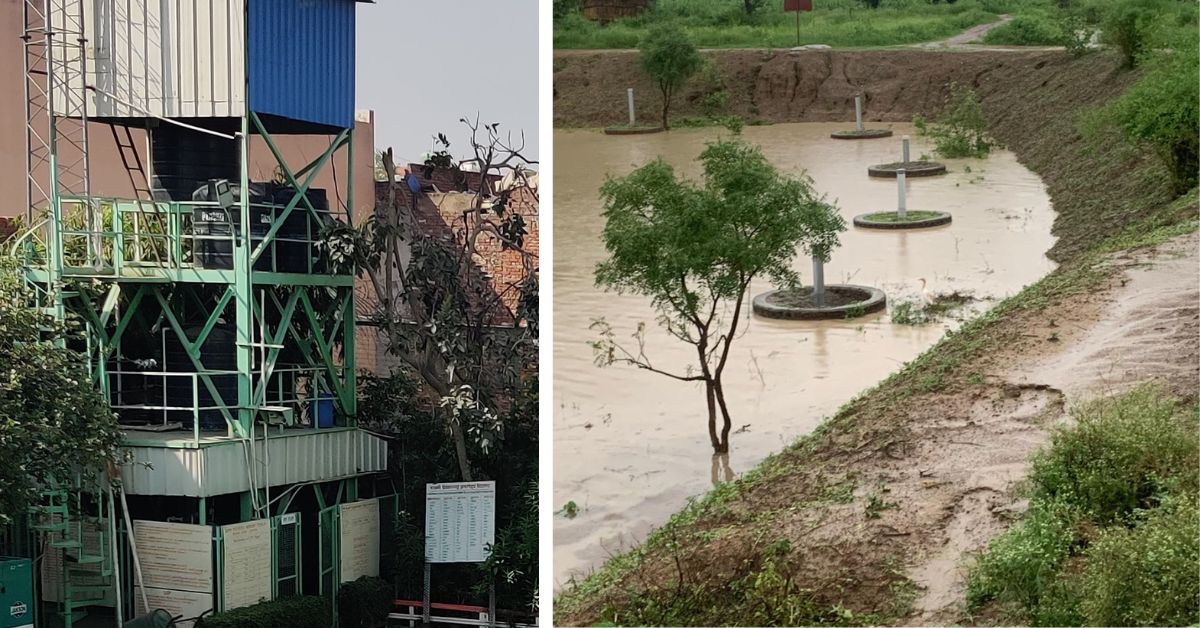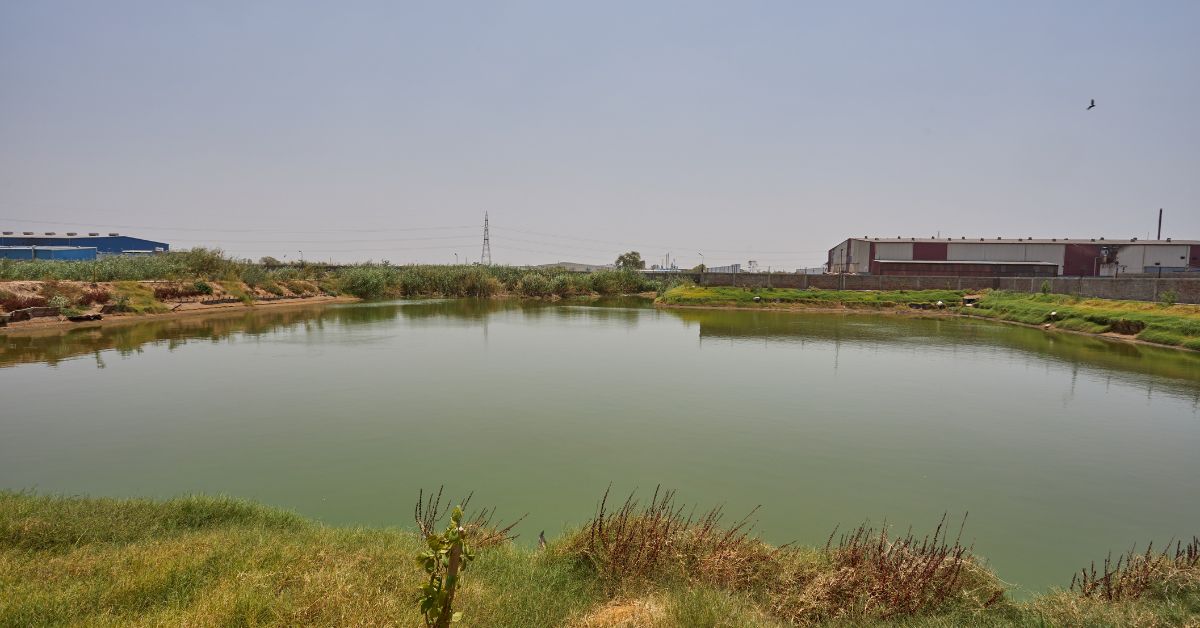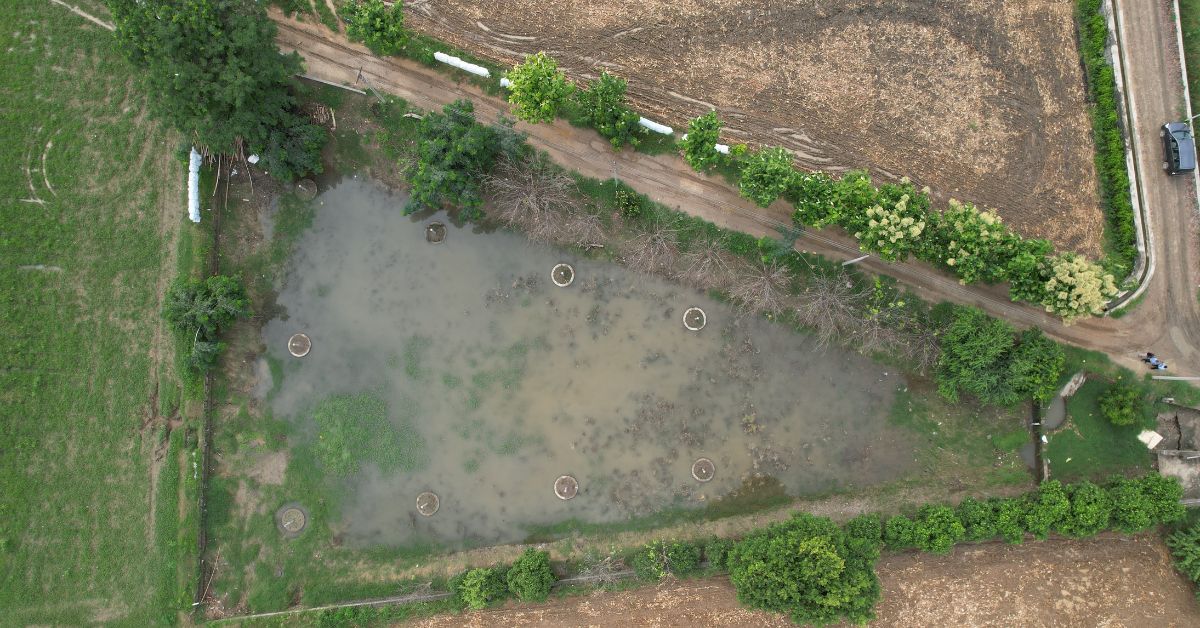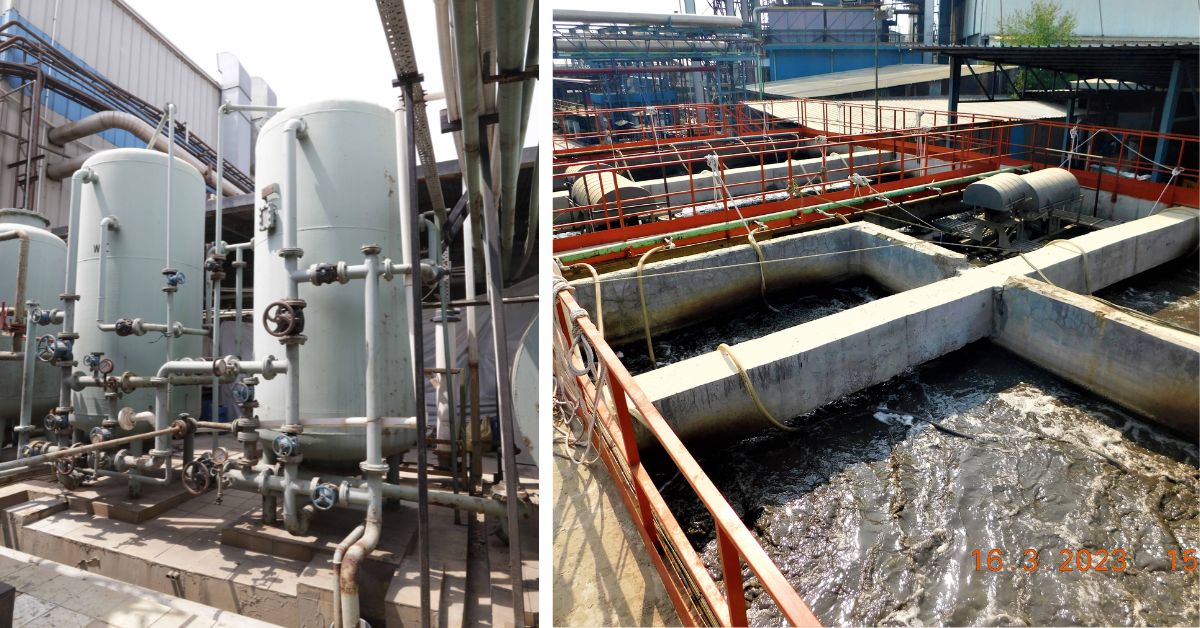This article has been published in partnership with Merino Industries.
In 2023, Merino Industries — a leader in decorative laminates, restroom cubicles, modular furniture, and surface solutions — announced that it had achieved approximately 75 percent water neutrality by consistently reducing its water usage intensity. How did Merino accomplish such a milestone? Through a series of sustainable decisions, says Mr Prakash Lohia, Managing Director of Merino Industries.
Underscoring that sustainability has been ingrained in the DNA of Merino Industries’ operations right since the company’s inception over five decades ago, Mr Lohia points to how water conservation forms an integral part of this approach.
For years, Merino Industries has actively pursued its goal of water neutrality — ensuring the amount of water consumed is replenished within the same ecosystem to meet or exceed regulatory requirements. These efforts have intensified over the past decade, driving the company closer to its sustainability targets. Merino is now working towards achieving further levels of ‘Water Neutrality Goals’.

Water conservation is just one of Merino Industries’ environmental priorities. Mr Lohia references these as the company’s efforts to push its sustainable frontiers to new limits. Viewing environmental protection as an “inseparable part” of economic activity, the company launched the ‘Nirmal’ programme to address the five key elements of nature — Bhūmih (soil), Apah (water), Analah (fire), Vayu (air), and Khang (space) — in a manner that aligns with the United Nations’ Sustainable Development Goals (SDGs).
Here, we zoom in on the water project that is being championed by Merino Industries, thus setting a precedent for other industries.
The 5R approach
Achieving operational eco-efficiency is rarely an individual feat even at the industry level. Merino Industries’ success stems from a synergistic approach fostering collaboration with academia, governments, and members of the research and scientific communities. It is through this shared exchange of sustainable ideas that the company is able to scale its ‘Triple Bottom Line Framework’ — addressing its environmental, social, and financial impacts.
To enhance water efficiency and conservation, Merino Industries has successfully adopted the 5R approach: Reduce, Recycle, Reuse, Replenish, and Restore.

As an integral part of its sustainability programme Nirmal, they actively monitor and minimise water consumption across all production processes by implementing innovative water-saving measures. These include:
- Effluent Treatment Plants (ETPs) which treat and recycle water for various applications.
- Sewage Treatment Plants (STPs), which enable the reuse of domestic wastewater for activities like gardening.
- Replenishing natural water systems through rainwater harvesting.
- Adiabatic cooling systems.
- Restoring degraded water sources by constructing recharge structures in existing ponds, ensuring that ecosystems are returned to their natural or even enhanced state.
- Use of back-pressure turbines which reduce water consumption by eliminating the need for condensers and enhance steam efficiency.
- Repurposing and reusing reactor distillates which save approximately 200 KL of fresh water annually.
- Sludge dewatering machines and tube settlers which, through four-stage reverse osmosis (RO) units, maximise wastewater recovery — conserving nearly 20,000 KL of fresh water annually.
The results of these processes have been telling — during the years 2023 to 2024, 82,517 kilolitres of water were reused in production. While water conservation is prided on, so is water replenishment. Rainwater harvesting systems have been implemented across all establishments as are sustainable water management practices like groundwater recharge.

The reservoirs and groundwater recharge systems in and around factory premises — including three ponds in Hapur — collectively restore approximately 5,53,815 kilolitres of water per year.
The above rests on the model ‘zero discharge and double recharge’, which translates to the company’s aim to recharge double the amount of water used in its manufacturing processes.
Although Merino has a strong culture of optimising natural resources, implementing water conservation techniques at an industrial scale has not been without challenges. One major obstacle has been technological failures, which can lead to unexpected downtime and resource wastage. These setbacks require additional effort and time to resolve.

However, Merino has embraced a mindset of learning from these failures, focusing on continuous improvement to overcome obstacles. This involves regularly refining processes, upgrading machinery, and integrating advanced technologies to move closer to the goal of achieving 100 percent water neutrality.
As for how the industry is leading change from the front in water conservation, Mr Lohia says the formula lies in a dual approach — maximising the utilisation of every drop of water and implementing water-saving measures wherever possible.
Edited by Pranita Bhat; Pictures source: Merino Industries

No comments:
Post a Comment